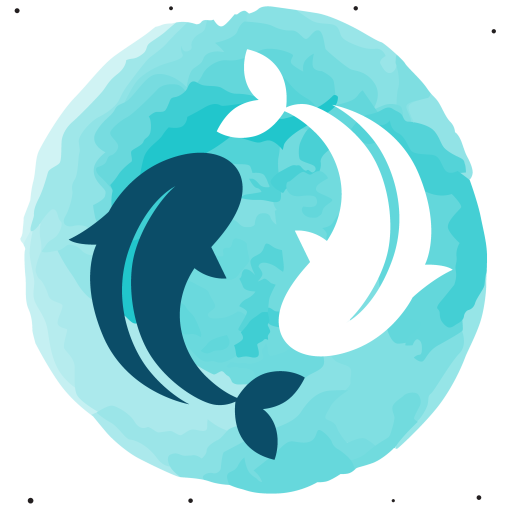Each year, more than 100,000 people are hospitalized due to complications from the flu virus. Unfortunately, most of us get the “flu,” or “influenza,” virus at least once in our lifetime. The associated symptoms and signs are all-too-common: fever, sore throat, congestion, fatigue, muscle and body aches, runny nose, dry cough, sneezing and watery eyes.
Colds are much less severe than the flu, but like the flu, viruses and germs cause colds. Colds cause less severe symptoms such as nasal congestion, sneezing, coughing, sore throat, and light headaches. Though it may make you feel lousy, getting a cold is not always a bad thing. Instead, it’s a sign that the body’s resources are strong and vital, working to return you to a state of good health. However, if your immune system is already compromised, a cold could further weaken your body, leaving you open to a more serious illness.
The flu, you, and Chinese medicine
Clinical studies have suggested that using acupuncture as a preventative approach to colds and flu can reduce the incidence of upper respiratory tract infection and shorten the length of the illness. Acupuncture and Chinese medicine work by rebalancing the body’s systems, regulating the body’s healing energies and enhancing the immune system.
Even though germs, bacteria, and viruses are everywhere—in the food we eat, the air we breathe, and the water we drink—according to Chinese medical theory, they do not cause disease. Illness occurs when certain organ systems are weak and out of balance. When our bodies are in a weakened and unbalanced state, a hospitable environment is created for germs, bacteria and viruses to thrive, leading to a cold or the flu.
One of the main theories supporting acupuncture and its treatment of colds and the flu is the concept of Wei Qi.
What in the world is Wei Qi?
The concept of Wei Qi is similar to the Western concept of the immune system. Wei Qi functions as a barrier protecting and defending the body against foreign substances, which can cause illness and disease. When Wei Qi is strong and abundant, we remain healthy. When the supply of Wei Qi becomes inadequate, health is compromised and we become vulnerable to outside invaders.
- Consume 8-10 glasses of filtered water daily
- Exercise regularly to support the immune system
- Eat a healthy, organic diet, including foods with beta carotene (carrots, broccoli, sweet potatoes, garlic and tomatoes)
- Limit sugar intake. Sugar taxes the immune system, especially when feeling under the weather
- Take Vitamin C and herbs to support the immune system, especially in the “cold and flu” season
- Get plenty of rest
- Enjoy fun and relaxing activities
- Stimulate specific acupuncture points that support Wei Qi
- Schedule regular acupuncture treatments to support the body’s self-regulating, self-balancing and healing systems
Throughout our lives, a variety of factors affect our health and well-being. Although most of the time we recover quickly and regain our health, when these factors are numerous, our internal mechanisms become compromised and weakened, our Wei Qi becomes depleted, and we get sick. By the time illness occurs, the body’s self-regulating, self-balancing and healing systems have already been affected.
Acupuncture and Chinese medicine support and strengthen the systems of the body that are involved in the production of Wei Qi, and can help rebalance and support the immune system and stimulate Wei Qi energy. By building up the supply of Wei Qi, and facilitating the smooth and free flow of it throughout the body, the body’s organs and meridian systems become strong, enhancing their ability to effectively fight off illness and disease.
Acupuncture and Chinese medicine are drug free, safe, natural and effective ways to support the body’s self-regulating, self-balancing and healing systems. If illness does occur, acupuncture can help you get back on your feet again, helping to stave off prolonged illness without the use of medication and over-the-counter drugs.
References:
Treatment of fever due to exopathic wind-cold by rapid acupuncture. Journal of Traditional Chinese Medicine. 1992 Dec;12 (4):267-71.
Preventive and curative effects of acupuncture on the common cold: a multicentre randomized controlled trial in Japan. Complementary Therapeutic Medicine. 2004 Dec;12 (4):181-8.




